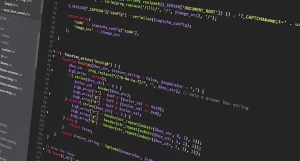Arbitration is actually a very user-friendly dispute resolution mechanism that can sound rather complicated to the uninitiated. This post will cover the three important A’s of arbitration – Agreement, Arbitrator, and Award
Agreement
The Arbitration agreement is considered the ‘source’ of the arbitration itself. Therefore, it is essential that an arbitration agreement should exist for any arbitration to take place. It is not necessary for the arbitration agreement to have existed before the dispute arose. The parties can enter into a post-dispute arbitration agreement (called a submission agreement) even after the dispute has arisen.
The ideal arbitration agreement will clearly spell out the applicable law, the procedural rules to be used, which courts will have jurisdiction, the number of arbitrators, the method of selection of the arbitrators, and pretty much any other part of the arbitral process that the parties want control over.
Arbitrator
The Arbitrator is the ‘judge’ who will hear and decide the dispute. Who the Arbitrator is and how he is selected is crucial to ensure that the decision rendered is acceptable to both parties.
Depending on how the parties negotiate and draft the arbitration clause, one party can have more control over the appointment process than the other. However, one cannot appoint an arbitrator who has a close personal or professional link to one party as the Arbitrator, nor can one party exercise complete unilateral control over the appointment process.
Award
The arbitration ends when a decision or ‘award’ is given by the arbitrator. This award is final i.e. there is no right to appeal against it like a judgement of a court. However, it may be challenged on certain limited grounds, which have become increasingly narrow under Indian Arbitration law. Some jurisdictions like England allow a substantial appeal (with permission of the court) on the merits itself but this power is exercised only in rare circumstances.




